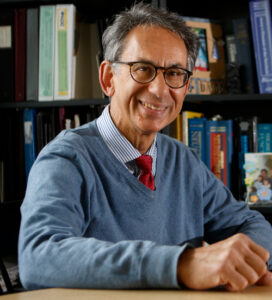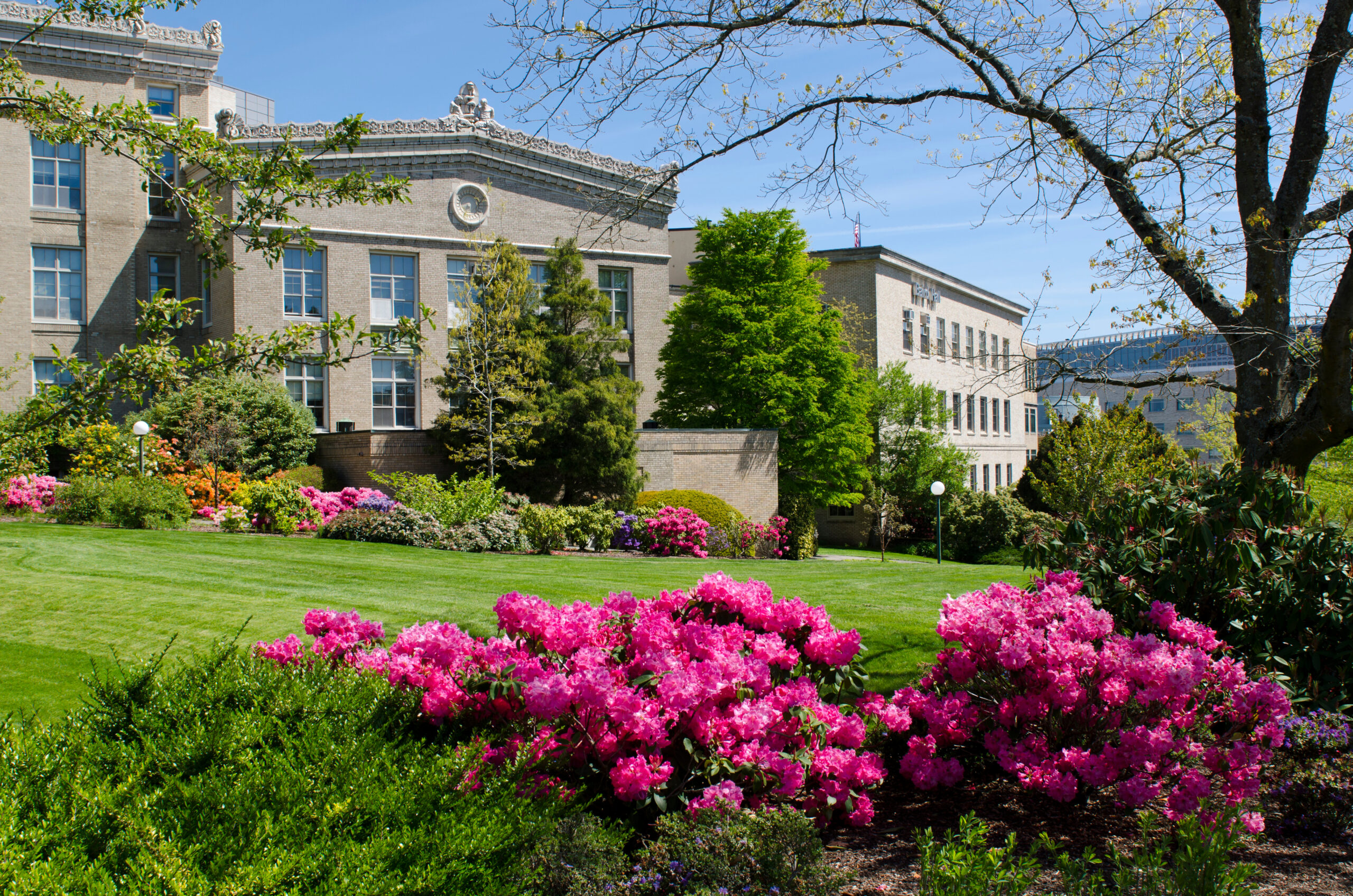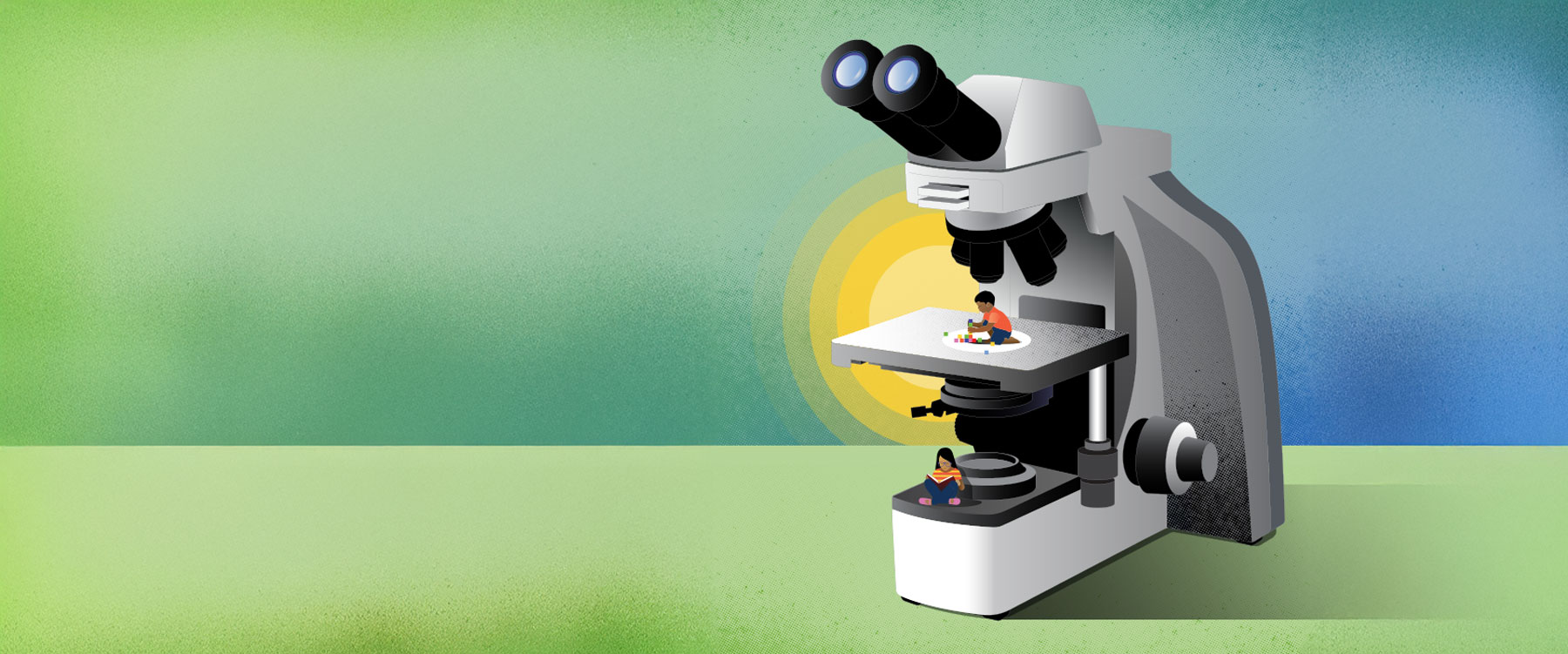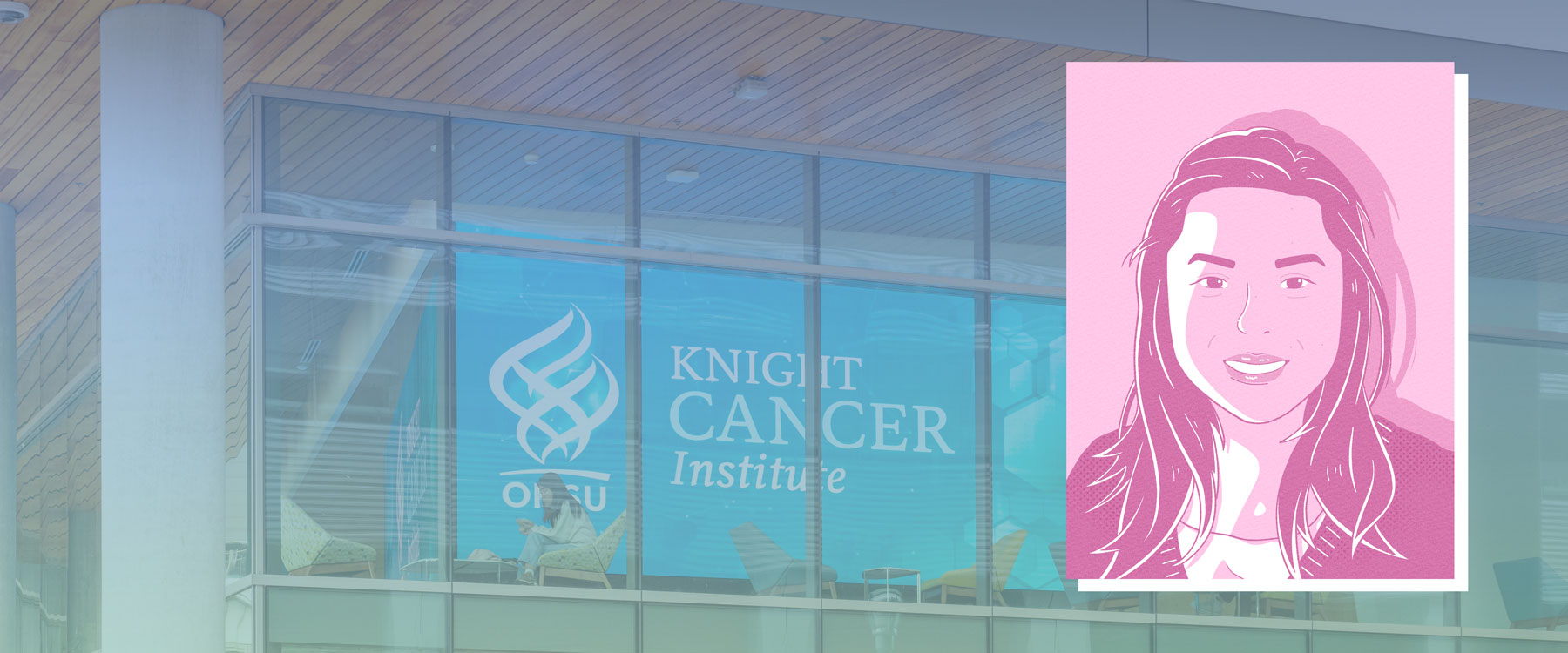By Josh Friesen & Darby Kendall
Stephen Back, M.D., Ph.D., a neuroscientist and the Clyde and Elda Munson Professor of Pediatric Research, is an innovator advancing understanding of dementia in older adults. A recent study he coauthored reveals a form of cell death in the brains of patients with Alzheimer’s disease and vascular dementia, an exciting discovery that could lead to breakthroughs in treatment. Back credits donor funding for giving him and his team the freedom to make this discovery and other significant findings throughout his 25-year career at OHSU.

Transcript
“That’s where I think a lot of the energy in philanthropy happens, at that interface between funding individuals who then have the opportunity to do something exciting in science that they otherwise wouldn’t be able to do.”
Voiceover: Dr. Stephen Back, a neuroscientist and the Clyde and Elda Munson Professor of Pediatric Research, is an innovator advancing understanding of dementia in older adults. A recent study he coauthored reveals a new form of cell death, called ferroptosis, breaks down cells called microglia in the white matter of brains in patients with Alzheimer’s disease and vascular dementia. The revolutionary discovery could lead to breakthroughs in treatment. Dr. Back credits donor funding for giving him and his team the freedom to make this discovery and other exciting developments throughout his 25-year career at OHSU.
“We’ve had a long-standing interest in studying the interaction between vascular causes of dementia and Alzheimer’s disease. It turns out that as we age, our brains aren’t at risk just for one or the other. But typically, there’s an intersection between the two that’s very common. It’s such an exciting opportunity to be able to make contributions to such an important field. And you have to go where the science takes you. That’s so important in sciences. We could have ignored for example, these funny looking cell, these funny microglia, and just said, ‘I don’t know what they are. Here, just don’t worry about them. Just study the ones that we know what they’re doing.’ My Ph.D. advisor used to say, ‘Stephen, you see that thing that you threw away in the garbage? That was the Nobel Prize.’ So you can’t ignore the things that are staring you in the face. If you don’t know what they are, you still have to chase them down, see whether it’s important or not. And sometimes those are the most exciting discoveries, are the ones that happened serendipitously. That’s what makes it fun to come to work every day.”
“We often need philanthropy, because that gives us the pockets of funds that we need to do these high-risk projects. For example, this microglial discovery, the ferroptosis story, that took us a good eight or nine years. And there were a lot of false starts, and we weren’t quite sure at the beginning what we were even looking at. It was a side project; we needed funding to be able to keep it going until the discovery really blossomed. And that’s where having that protection, that protected funding from philanthropy, allows us to do the high-risk things that then we can go to the NIH with and saying, ‘Look what we discovered; this is really quite important. Now, will you give us $5 million to study this.’ But at the beginning, they probably wouldn’t have given us $500,000 to study it. And so that’s where philanthropy has the impact.”
“Philanthropy also has an impact because it funds the bright young minds that push these ideas forward. So we built a very unique team, which I don’t think really exists anywhere else in the world in quite this way. So that’s been really fun. I felt that I should take my particular gifts, if you will, in science, and devote those to trying to come up with better understanding of human diseases. I mean, that’s why I come to work every day. And that’s what I remind the people in the lab, that we’re not just doing science for science’s sake, but ultimately, you know, we want this to have an impact on child health, on adult health, make the world a healthier and happier place, if you will. That’s very gratifying. I can’t think of anything that I’d rather be doing than being able to offer that hope.”




